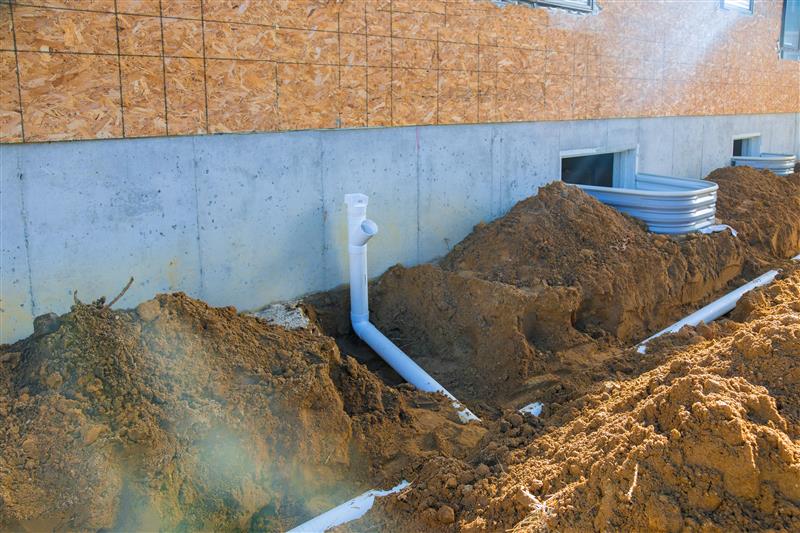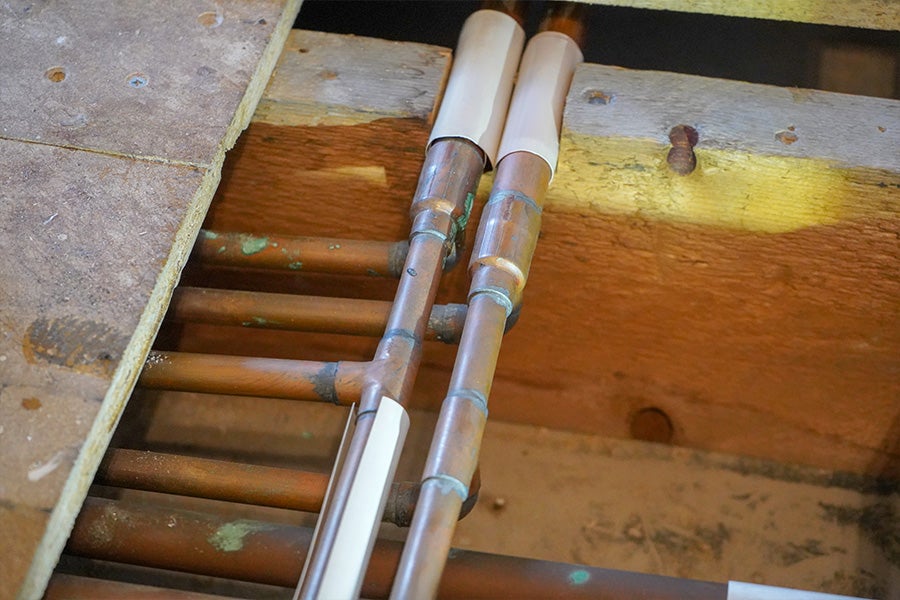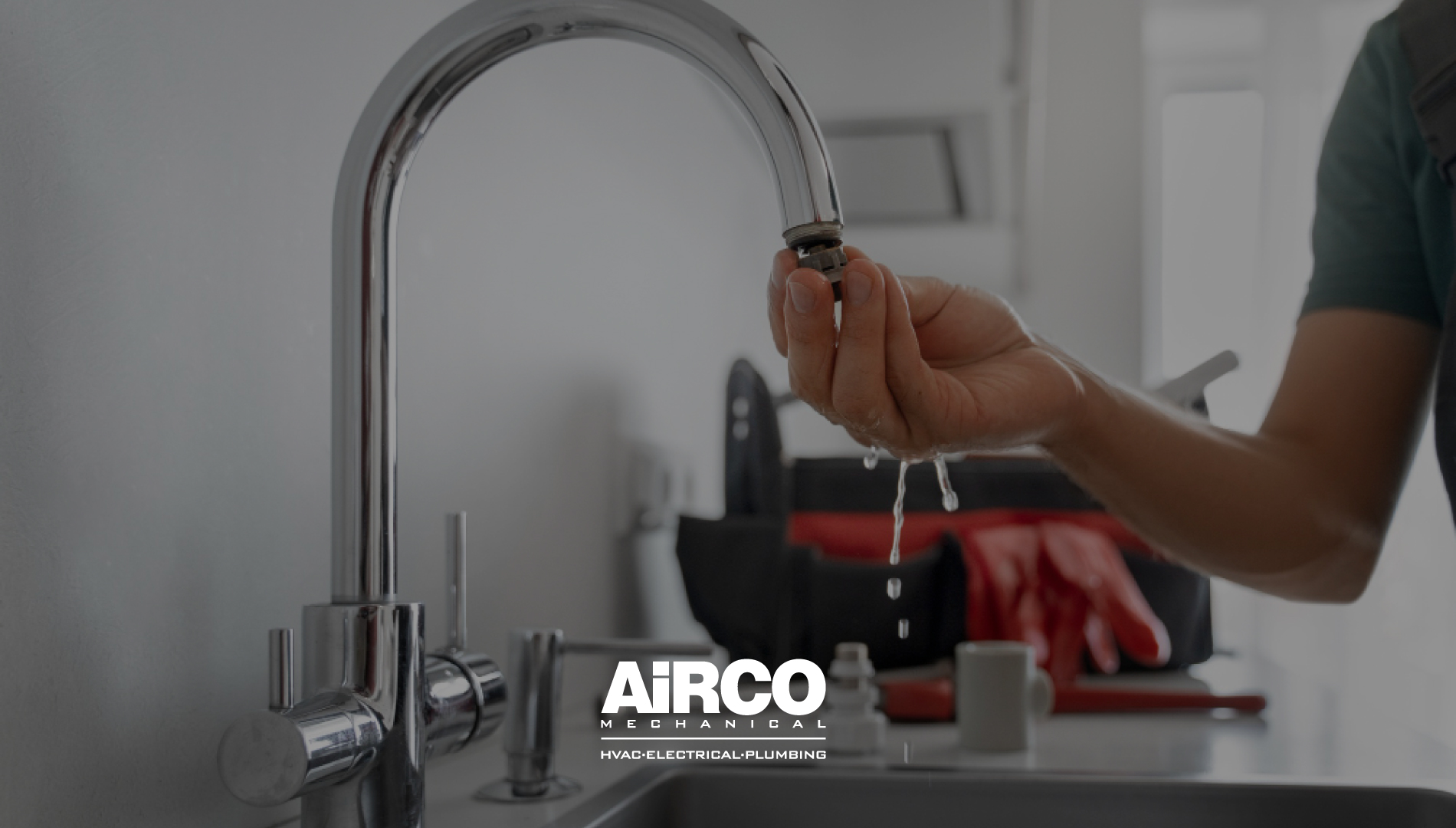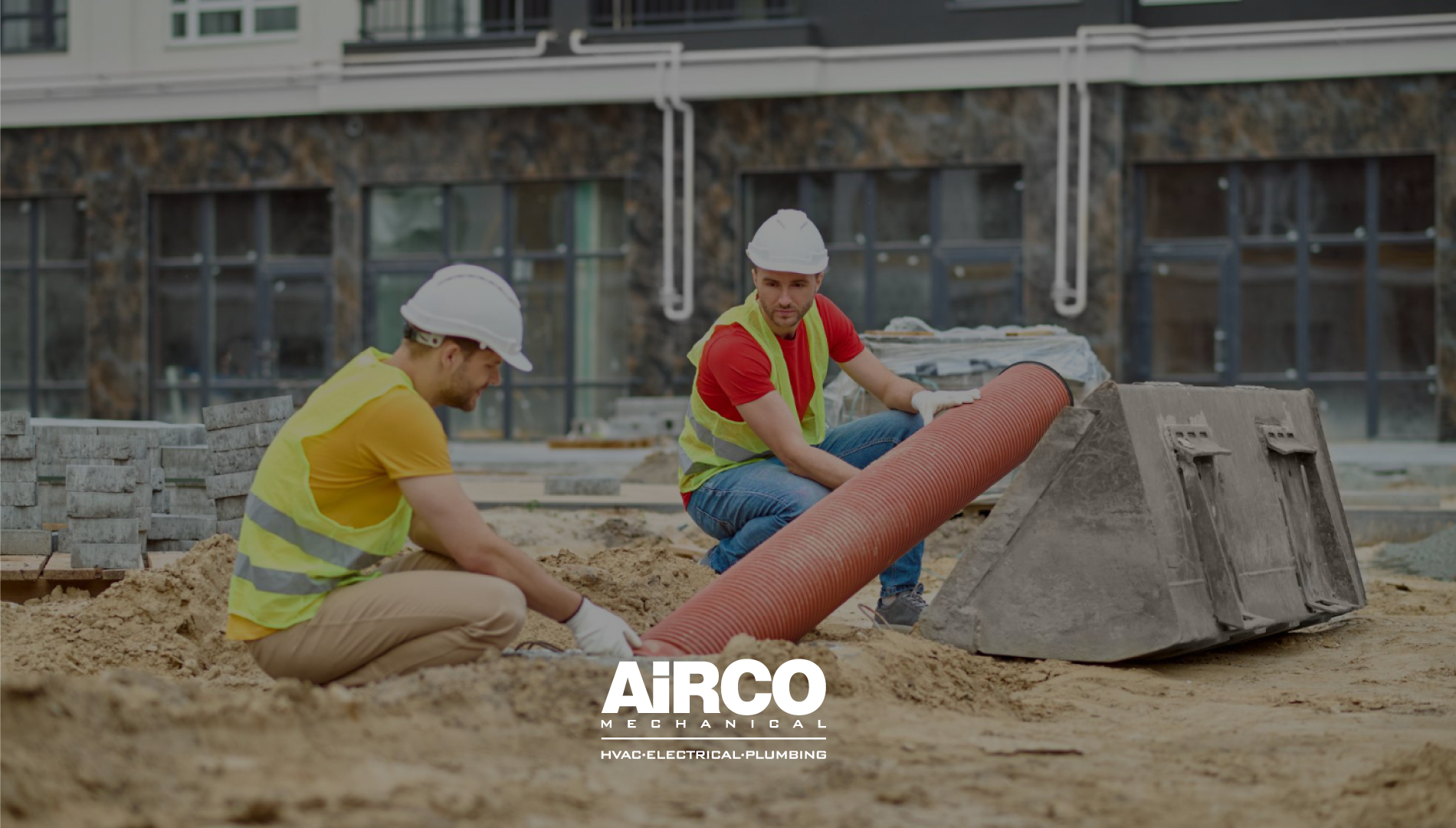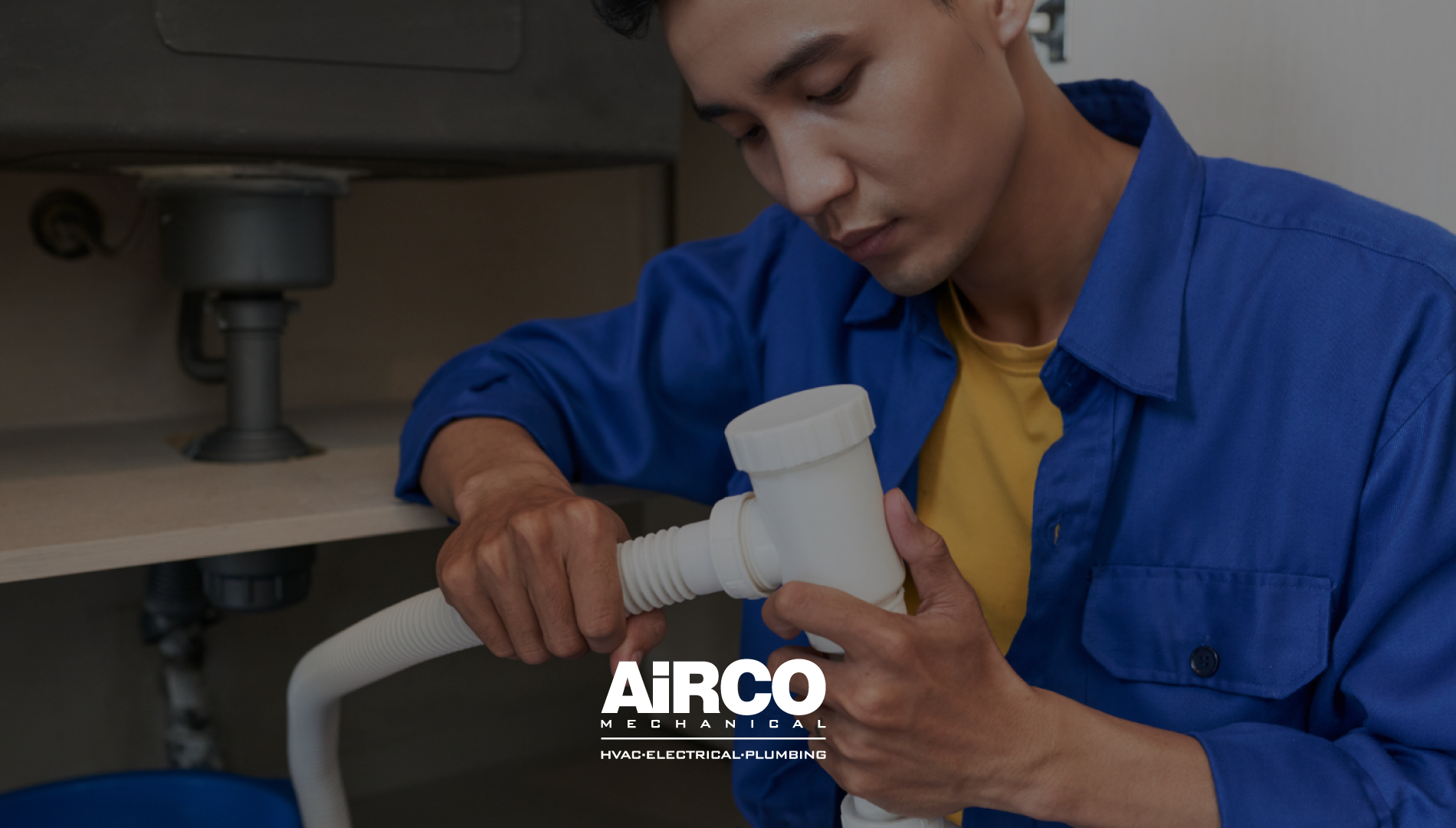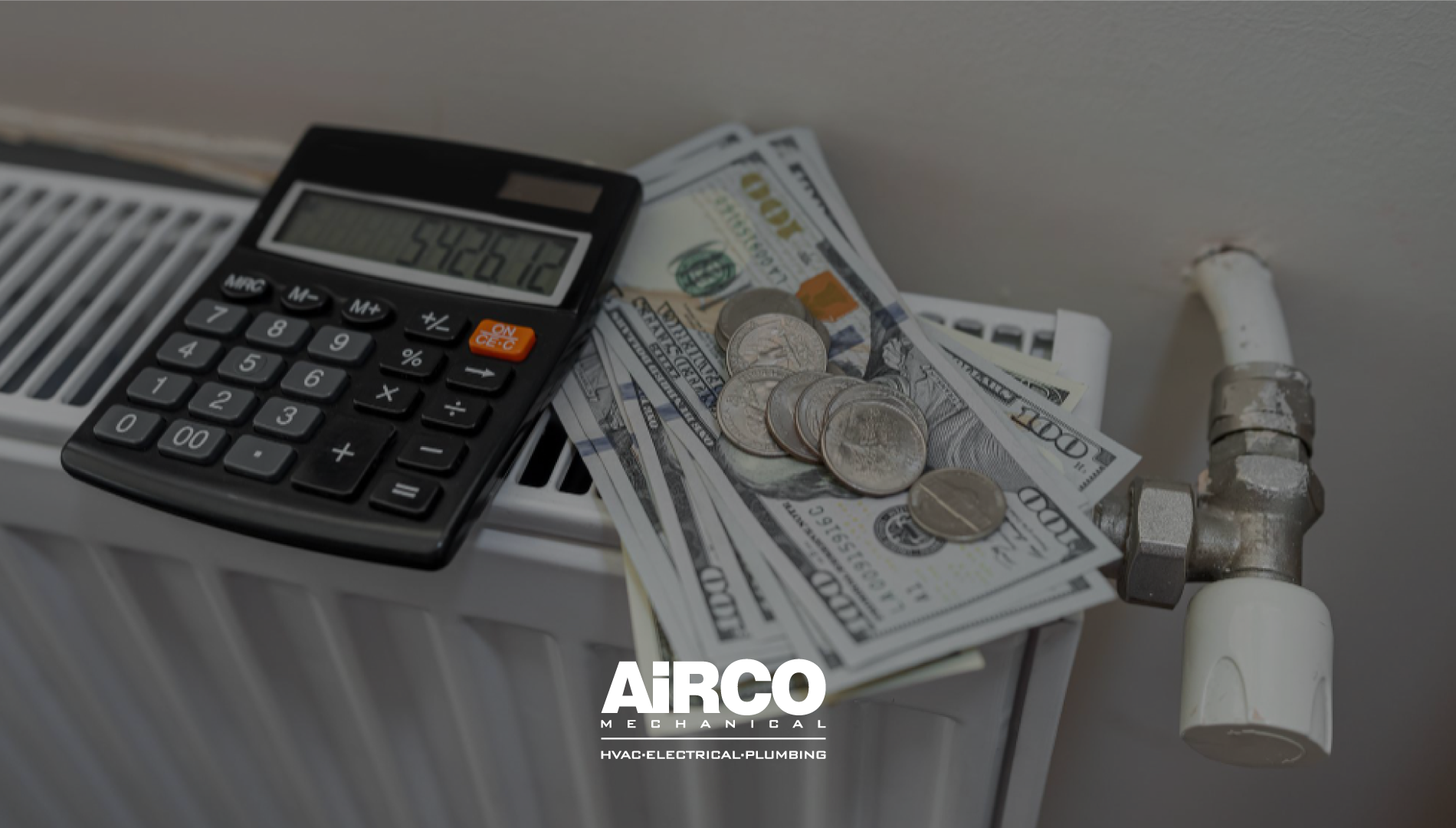Table of Contents

What is a Heat Platform House?
A heat platform house represents the next evolution in energy-efficient home design. Unlike traditional HVAC systems, this integrated approach combines:
- Advanced heat pump technology
- Smart thermal storage
- AI-powered energy management
- Renewable energy integration
The heat platform home concept originated in Scandinavia, where homes now achieve 60-75% lower heating costs compared to conventional systems.
5 Game-Changing Benefits of a Heat Platform House
1. Ultra-Efficient Heat Pump Systems
Modern heat platform home designs use:
- Cold-climate air-to-water heat pumps (operate at -22°F/-30°C)
- Ground-source systems with vertical boreholes
- Exhaust air heat recovery (85% efficiency)
Example: The Norwegian HeatPlex system delivers 4.8 COP (Coefficient of Performance) in sub-zero temperatures.
2. Thermal Mass Optimization
Heat platform house construction utilizes:
- Phase-change materials in walls/floors (store/release heat)
- Hydronic radiant flooring with smart zoning
- Insulated concrete forms (ICFs) for thermal stability
Result: Temperature fluctuations reduced by ±0.5°C versus ±2.5°C in conventional homes.
3. AI-Driven Energy Management
The brains of a heat platform house include:
- Predictive algorithms that learn occupancy patterns
- Weather-adaptive pre-heating/cooling
- Real-time grid price optimization
Case Study: A Swedish development reduced peak demand charges by 73% using WattEco AI controllers.
4. Renewable Energy Synergy
True heat platform house designs integrate:
- PVT panels (combined solar PV + thermal)
- Micro-wind turbine supplementation
- Seasonal thermal energy storage (STES)
Innovation: The SolarEis system stores summer heat in underground ice tanks for winter use.
5. Health & Air Quality Advantages
Beyond energy savings, heat platform home systems provide:
- Continuous fresh air exchange (ERV/HRV systems)
- 50-75% lower particulate levels than forced-air systems
- Perfect humidity control (40-50% year-round)
Heat Platform House vs Traditional Heating: Cost Comparison
| Metric | Conventional Home | Heat Platform House |
| Annual Heating Cost | $2,800 | $950 |
| System Lifespan | 15 years | 25+ years |
| Carbon Footprint | 4.8 tons CO2/yr | 1.2 tons CO2/yr |
| Maintenance Costs | $300/yr | $120/yr |
Payback Period: 6-9 years for most retrofits, thanks to 40-65% energy savings.
How to Implement Heat Platform House Technology
For New Construction
- Start with passive house principles (super insulation, airtightness)
- Install a low-temperature hydronic distribution
- Choose modular heat pump systems with smart controls
For Existing Homes
- Phase 1: Add air-to-water heat pump + smart thermostat (8K−8K−15K)
- Phase 2: Install radiant floor panels in key zones (6K−6K−12K)
- Phase 3: Integrate solar thermal + battery storage (10K−10K−20K)
The Future of Heat Platform Home Technology
Emerging innovations include:
- Graphene-enhanced phase change materials (2X storage capacity)
- AI-powered fault prediction (prevents 90% of breakdowns)
- Blockchain-enabled energy sharing between neighboring homes
Industry Forecast: The heat platform home market will grow at a 19% CAGR through 2030 (Navigant Research).
Conclusion
The heat platform house revolution delivers unprecedented comfort, efficiency, and sustainability. Whether building new or retrofitting, these systems can slash energy bills while future-proofing your home. Early adopters are already seeing 5-7 year ROI with significantly improved indoor environmental quality.
FAQs
Q1: Can I convert my existing home to a heat platform house?
Yes, through phased retrofits. Start with a heat pump upgrade, then add thermal storage.
Q2: Do heat platform homes work in hot climates?
Absolutely. The same principles provide super-efficient cooling through radiant ceilings/chilled beams.
Q3: What’s the #1 mistake people make with heat platform homes?
Oversized equipment. These systems perform best when properly sized for the thermal envelope.
Q4: Are there government incentives available?
Most countries offer rebates (e.g., 30% tax credit in the U.S., €15K grants in the EU).
Q5: How does maintenance compare to traditional HVAC?
Simpler (no duct cleaning, fewer moving parts) but requires specialized technicians.
Do you have questions, or are you ready to start your next project? Explore our services at AiRCO Mechanical!

